If you look around the room at who makes your manufacturing operation or business successful, you’ll know it’s the people who’ve been with the company for years. Retaining key talent year-after-year is crucial for long term success. As a company that conducts a mind-blowing amount of interviews each year, we know that recruitment process offers a unique insight into a company’s ethos and operational efficiency, which can significantly impact a candidate’s decision to join or bypass an opportunity. For manufacturing business owners, HR personnel, and operators, recognizing potential red flags in the hiring process is crucial.
We’ll outline five major red flags that could deter prospective employees from saying yes to your offer:
1. Lack of Clear Role Definition and Professional Development Opportunities
Candidates seek roles that promise not only immediate responsibilities but also a clear path for growth and development. An inability to outline the specific duties associated with a position or a vague explanation of career advancement opportunities can signal to candidates that the position might lead to a dead-end or that the company lacks a coherent strategy for employee growth.
2. Questionable Company Culture and Leadership
A company’s culture and its leadership are under close scrutiny during the recruitment process. Signs of a toxic work environment, such as badmouthing current or former employees and competitors or displaying a lack of transparency, can raise significant concerns. Moreover, an uncomfortable interview environment or an interviewer’s unpreparedness may reflect broader issues within the company’s culture and leadership, impacting employee satisfaction and retention.
3. Inflexible Negotiation on Job Offers
Flexibility in negotiating job offers, including salary, benefits, and role specifics, indicates a company’s willingness to accommodate and value a candidate’s worth. An employer’s unwillingness to engage in negotiations or altering the role significantly from what was initially advertised can be perceived negatively by candidates, suggesting a lack of respect and appreciation for their skills and contributions.
4. Inadequate Online Presence and Reputation
In the digital age, a company’s online footprint provides valuable insights into its operations, culture, and industry standing. An outdated or absent online presence, coupled with a poor reputation and high staff turnover as evidenced by negative reviews or the frequent reposting of job listings, can deter potential candidates. These factors may indicate that the company is not keeping pace with industry trends or struggling with internal challenges.
5. Neglect of Candidate Experience Throughout the Hiring Process
The overall candidate experience, from initial contact through the interview process to job offer, speaks volumes about a company’s operational efficiency and respect for prospective employees. Red flags such as a lack of communication transparency, prolonged hiring processes without clear timelines, and unprofessional conduct during interviews can significantly impact a candidate’s perception of the company and their willingness to accept an offer.

Bonus Entry: Disregard for Work-Life Balance and Employee Well-being
A significant red flag for potential employees, especially those under 30, is a company’s disregard for work-life balance and the overall well-being of its employees. Signs of this include expecting candidates to be available outside of normal working hours, vague or non-existent policies on leave and vacations, and a lack of support for mental health. These indicators can signal to candidates that the company views employees merely as resources rather than as individuals with personal lives and needs. A disregard for work-life balance can lead to burnout, decreased productivity, and a high turnover rate, which are detrimental to both employees and the company. Recognizing and addressing candidates’ needs for a healthy work-life balance is essential for attracting and retaining top talent.
Navigating the recruitment process with a keen eye for potential red flags is not just about avoiding pitfalls; it’s about affirming your company’s commitment to excellence, respect, and mutual growth. In today’s competitive job market, especially in industries like manufacturing that are the backbone of Michigan’s economy and beyond, the ability to attract and retain top talent hinges on more than just the promise of a paycheck. It requires a holistic approach that values the individual, fosters a culture of inclusivity and growth, and champions operational integrity.
At WSI, we believe that recognizing these red flags is a crucial step in refining your recruitment process, thereby enhancing your company’s appeal to prospective employees. By committing to these principles, you position your business not only as a leader in your industry but also as a beacon of a positive workplace culture. We are dedicated to guiding our partners through the complexities of recruitment and staffing, ensuring that your company doesn’t just fill positions but builds a thriving community of dedicated professionals who share your vision for success and innovation.




